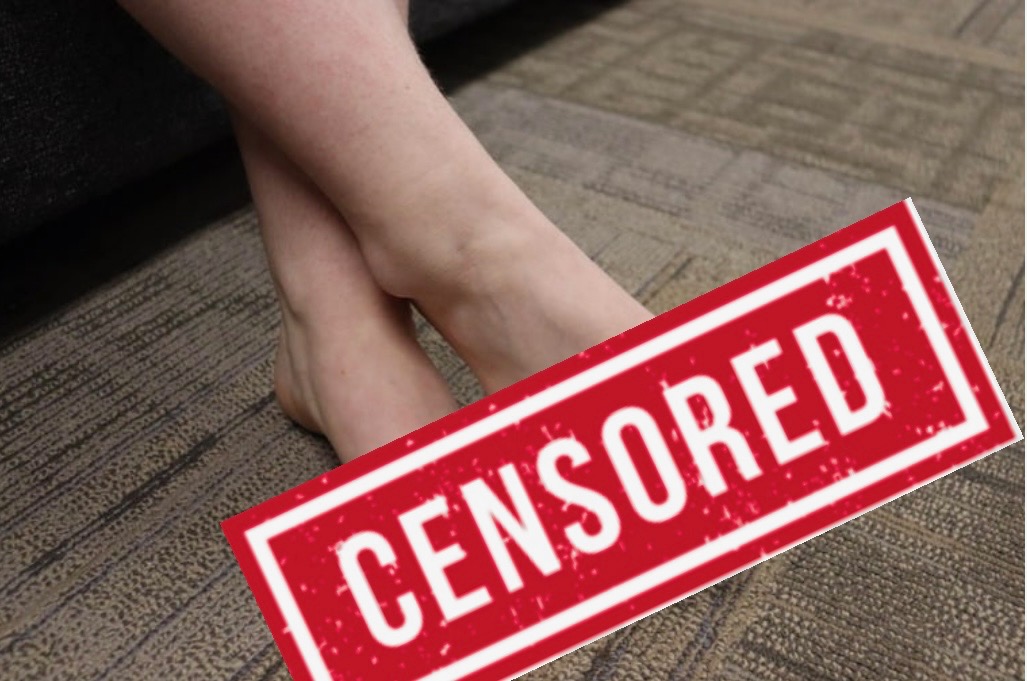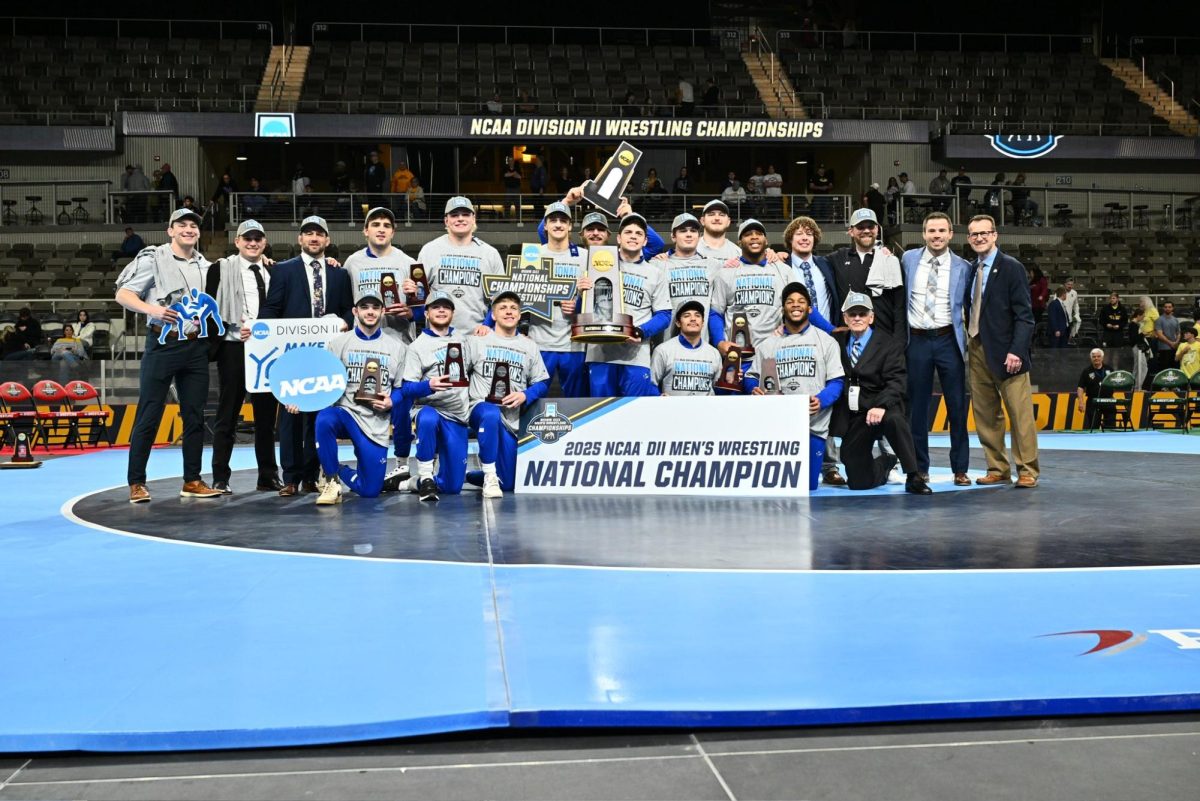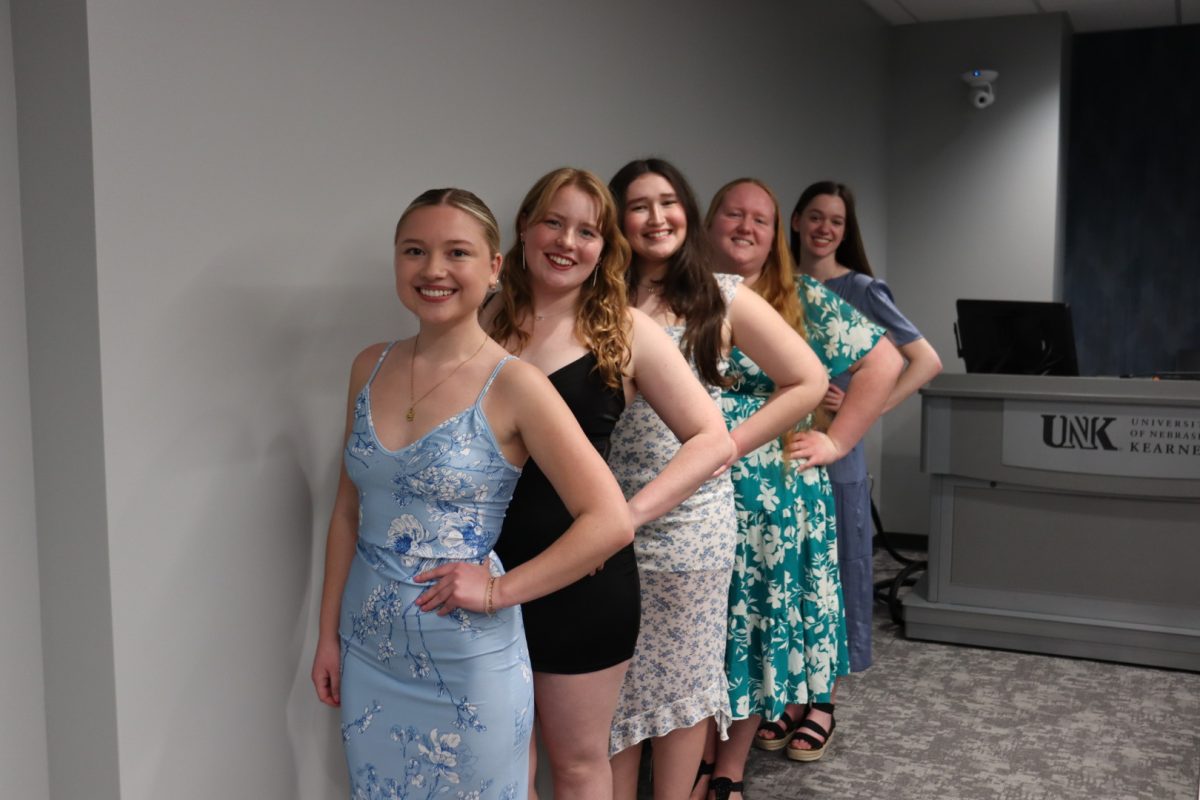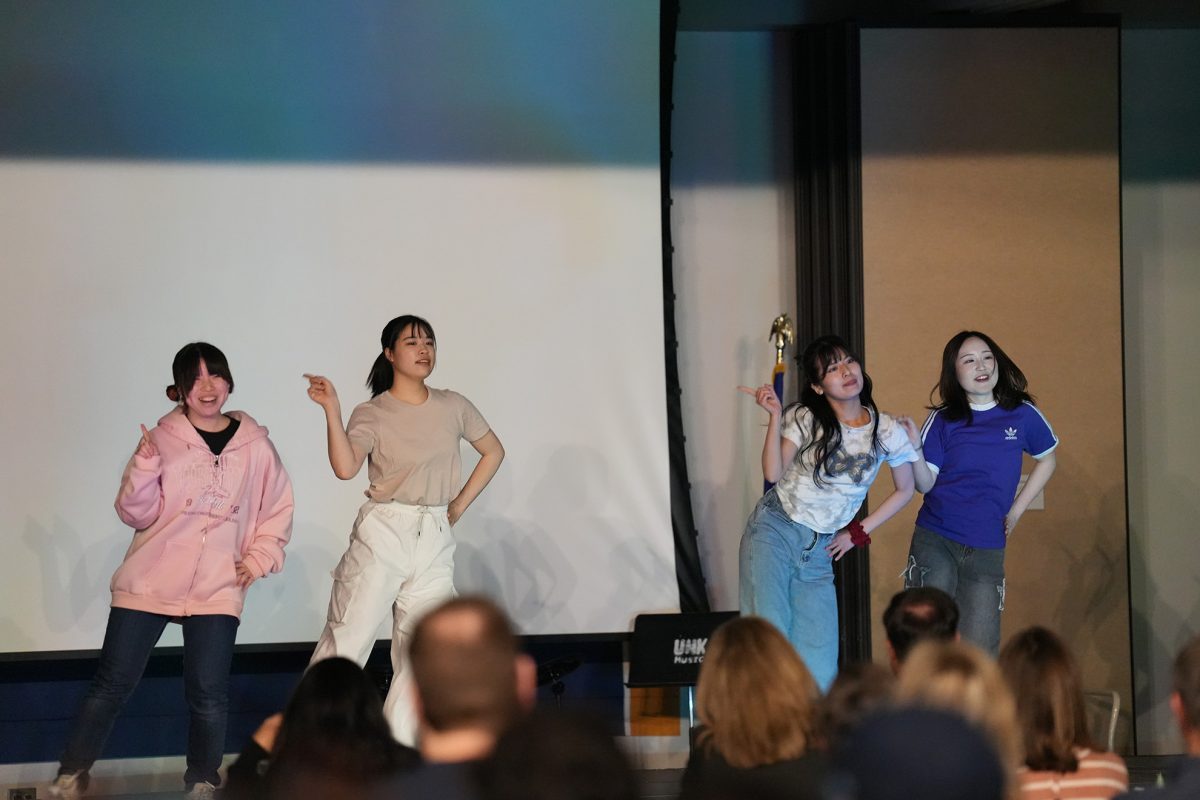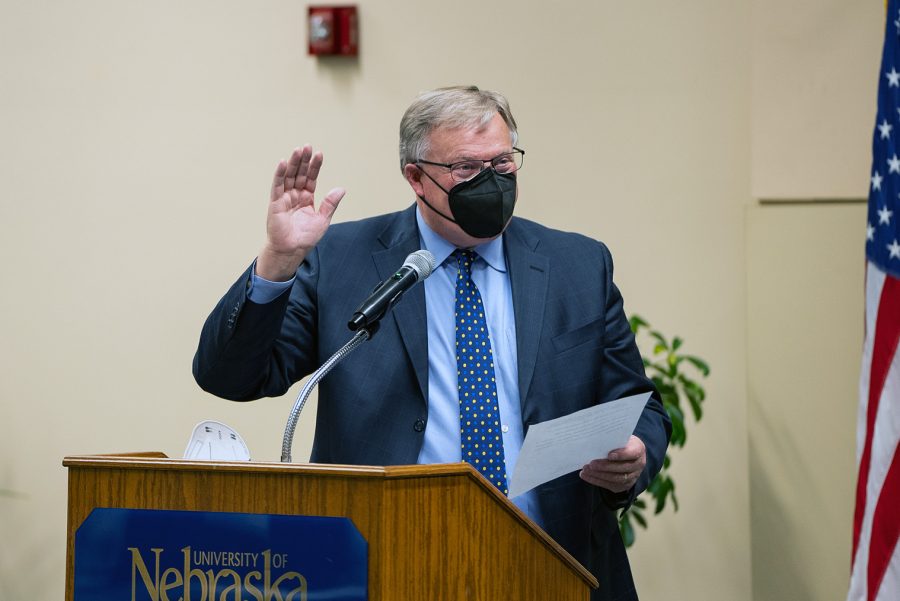liermanm2@lopers.unk.edu
Chancellor Douglas Kristensen convened a campus conversation last week to address and discuss budget and academic staffing. The presentation focused on budgetary planning to meet the university’s remaining $2.0 million commitment to budget reductions.
The chancellor addressed concerns about speculated layoffs and program cuts immediately out the gate.
“For those of you who came today expecting to see pools of blood and a list of people who are going to be asked to leave this afternoon, that’s not going to happen,” Kristensen said. “This is the list of people departments and things I think we should act on today: it’s blank. If you walk out of here this morning with anything — the university is not going to make a cut this year to the budget.”
Higher than expected tuition revenues, an increase in state funding and a federal line of credit offered through the second Higher Education Emergency Relief Fund passed by Congress earlier this year were factors in delaying anticipated cuts, which must be made by July 2023 under the current budget assigned by the Board of Regents.
Union leadership says the announcement was a mixed bag.
“The chancellor pointed to a number of really positive trends in terms of enrollment and tuition numbers and some extra support from Central Administration which went well above what they were expecting,” said William Aviles, president of the UNK Education Association. “I would have liked to have heard or seen some type of statement to the effect that we feel confident that we’re not going to have to make any staff reductions or faculty reductions. The issue of overstaffing is. . . decoupled from budgetary constraints which, from what I understand, even if the budgetary picture is a positive one, there might still be some restructuring, or maybe even reduction.”
Chancellor Kristensen also charged the faculty with responding to data about departmental performance. Further, he thanked the reduction in force committee formed last fall for their input and contributions to the process thus far. The committee’s formation was a requirement under the current collective bargaining agreement between UNKEA and the university.
The university is continuing to investigate concerns about departmental imbalances and instructional efficiency, with Kristensen noting that UNK has the lowest faculty-to-student ratio among its peer institutions.
“The reason that we have an overstaffing process is that it’s in the collective bargaining agreement,” Kristensen said. “It is a more measured and a less disruptive way than getting rid of programs and departments. And it was put in there to be able to use more of a scalpel than a meat cleaver.”




